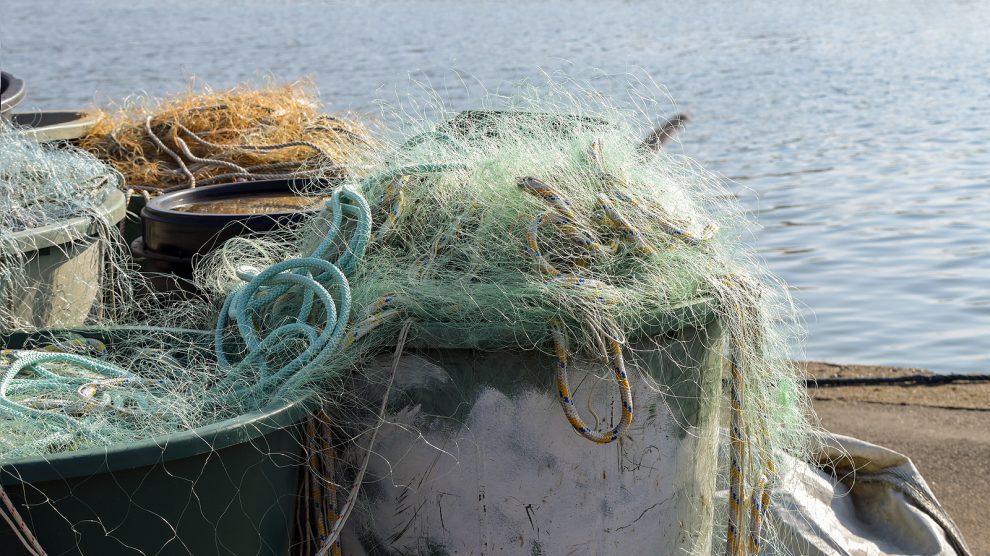Oceans and seas cover almost three quarters of the earth surface. They absorb almost all of the earth’s excess heat and store some 93 per cent of all CO2.
Now, oceans, from where life itself arose, are dying. It is estimated that over 150 million tons of plastic is already floating in the seas and oceans. The great Pacific garbage patch, 46 per cent of which is fishing nets, covers 1.6 million square kilometres. As far as commercial fishing is concerned, some 2.7 trillion fish are caught every year, even in marine protected areas.
And there is an increase in chemical nutrients in the water, leading to excessive blooms of algae that deplete underwater oxygen levels, resulting in the development of so called dead zones. Such zones in the Baltic Sea have increased more than tenfold over the last century and the Baltic Sea now has the largest dead zone in the world.
Andrius Sutnikas, coordinator of the Lithuanian Maritime Cluster at the Klaipėda Science and Technology Park, speaks with Andrew Wrobel about the challenges the blue economy currently faces, and some innovative solutions bringing more sustainable development to the maritime industry and offsetting climate change.
Unlike many news and information platforms, Emerging Europe is free to read, and always will be. There is no paywall here. We are independent, not affiliated with nor representing any political party or business organisation. We want the very best for emerging Europe, nothing more, nothing less. Your support will help us continue to spread the word about this amazing region.
You can contribute here. Thank you.


